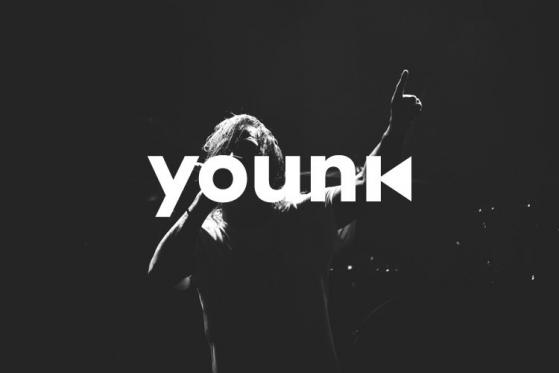The music space has mostly been about ‘business’ and rarely about ‘music’. Complaints about it are nothing new. In the 1970s, Pink Floyd’s “Have a Cigar” quickly became a famous hit that tried to show the dark underside of the industry.
Sometimes, the artists would lash out at a particular record company itself through music. The Beatles’ “Only a Northern Song” refers to Northern Songs, the publishing company that the Beatles were tied to, and their contract with United Artists. But until the digital revolution, production and distribution were almost entirely in the hands of the labels.
The situation today is a little better than it was in the ‘60s, and artists can strike harder. For example, in 2016, American R & B singer and rapper Frank Ocean released the album ‘Endless’. The long-awaited release came out in an unusual format — a 45-minute video. This visual album was supposed to be the peak for Ocean’s career. As it turned out, it was also his last contractual commitment to Def Jam (owned by Universal Music Group). The next day, Apple (NASDAQ:AAPL) Music released another exclusive, a studio album by Frank Ocean called ‘Blonde’, and recorded on his own label, Boys Do not Cry. ‘Blonde’ topped the music charts almost instantly. But the main news was about the break from Universal and the hit created without major backing.
But is writing protest songs and playing with contract requirements a way forward? Electronic platforms were supposed to level the field, and maybe they’ve made accessing material easier, but is there a better way for artists to raise the money they need?
Speaking of which, there is a LOT of money involved. One report recently published by IFPI breaks down a $ 9.99 music subscription. Publishers and authors receive $ 0.98, performers — $ 1.35, labels — $ 3.14. The remaining $ 4.52 goes to overhead, taxes and to the streaming services themselves. A third of the revenues go to the pockets of labels. So the technology is in place, but how do we move that one third over to the artists?
We are excited to introduce Younk, a project which sees blockchain technology as the way to ‘free’ artists financially, just as digital technology freed them from publishing and distribution.
Younk is a way of promoting and supporting music by giving listeners and fans a stake in the artists’ successes. Now anyone can be involved in discovering, supporting and co-owning music. The community chooses the songs they like. Experts help to record and monetize the hit all over the world. This is music decentralized.
This is YOUNK. And it is coming soon.
This article appeared first on Cryptovest
